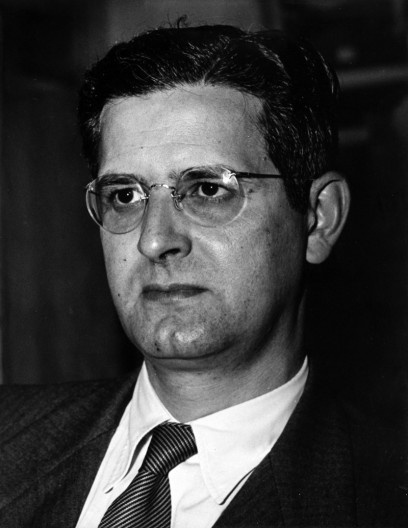Caio Prado Júnior (1907-1990)

One of Brazil’s most distinguished historians (he wrote a classic volume on colonial Brazil), he was a lifelong committed Marxist. That was notable because he came from one of the wealthiest families in Brazil. That was unusual for his generation. He had had many run-ins with repressive regimes, not infrequently ending up in jail.
The same happened after the coup of 1964. Shortly after he got out of prison I met him at a dinner party in Rio. As a conversational opener I asked how was it behind bars? “Não tão mal. Eu já tinha uma certa experiência na xadrez.” [Not so bad. I have a certain amount of experience in jail.] He then proceeded to tell me about his depressed young cellmate who never got out of bed. But Caio spent every morning refusing to stay in place.
Moral: you can’t keep an old red down.
Further Readings
Júnior, Caio. Formação do Brasil contemporâneo. São Paulo: Livraria Martins Editora, 1942.
Júnior, Caio. The Colonial Background of Modern Brazil. Berkeley: University of California Press, 1967.
Júnior, Caio. História econômica do Brasil. 10th ed. São Paulo: Editôra Brasiliense, 1967.
Caio Prado Júnior was born in the city of São Paulo. After studying law at the University of São Paulo, he became a political activist during the Revolution of 1930. Influenced by a trip to the Soviet Union, he published URSS - um novo mundo, which was subsequently censored by the Vargas administration. He eventually joined the National Liberation Alliance (ANL), a political organization supported by the Brazilian Communist Party (PCB). In 1942, he released Formação do Brasil Contemporâneo – Colônia, a highly influential volume on colonial history. A year later, he created Editora Brasiliense with Arthur Neves and Monteiro Lobato. In 1966, the Brazilian Union of Writers awarded him the title of Intellectual of the Year for his publication of A revolução brasileira.

